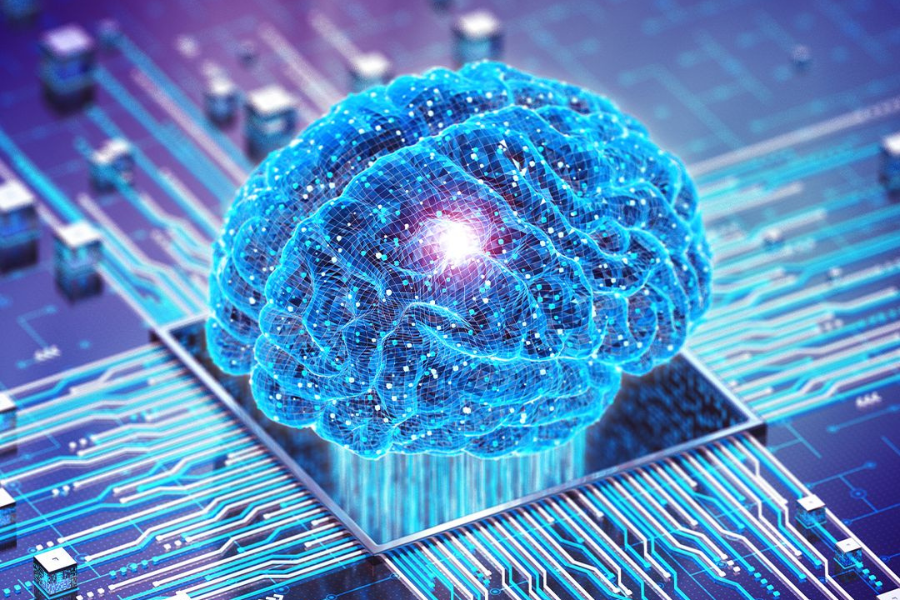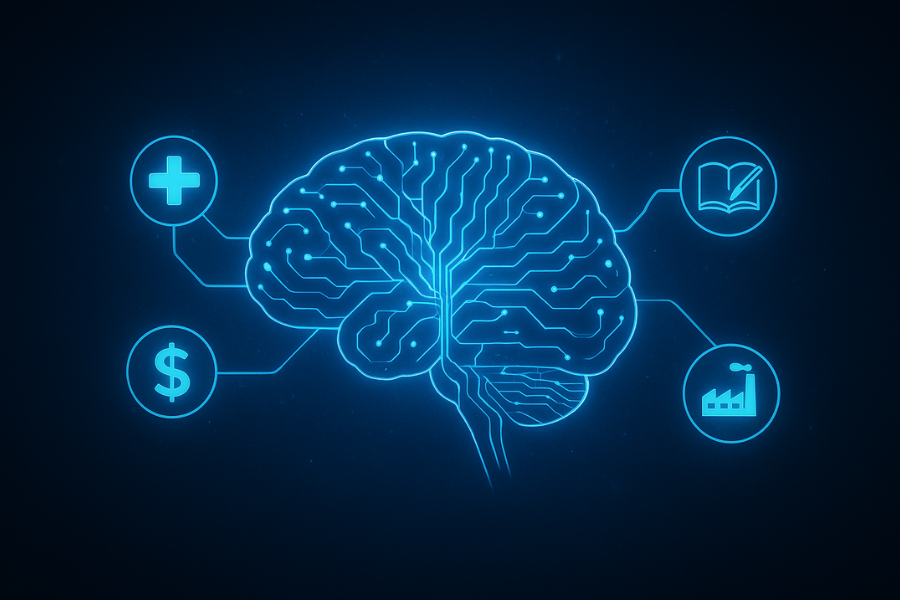Introduction
The 21st century is witnessing a transformation in how cities are built, managed, and experienced. At the heart of this shift is Artificial Intelligence (AI), powering smarter infrastructure, efficient services, and more sustainable lifestyles.
China, in particular, has emerged as a global leader in smart city development, with megacities like Beijing and Hangzhou leading the way. From traffic management to public safety, AI-driven systems are redefining the meaning of urban intelligence.
What Makes a City “Smart”?
A smart city uses digital technologies, sensors, and AI algorithms to enhance the efficiency of services while improving the quality of life for its residents. Unlike traditional urban planning, smart cities thrive on data-driven decision-making.
Key features include:
AI Traffic Systems: Reducing congestion with adaptive traffic lights and real-time navigation.
Public Safety Monitoring: AI-powered surveillance and emergency response.
Smart Waste & Utilities: Automated waste collection, energy optimization, and sustainable management.
Citizen Services: AI chatbots and platforms for smoother governance and community engagement.
The goal is simple: to make cities safer, cleaner, and more efficient while reducing costs and environmental impact.
Beijing: AI at the Capital’s Core

As China’s capital, Beijing has embraced AI to manage its massive population and complex urban systems.
Traffic Optimization: With more than 6 million vehicles, traffic congestion was once Beijing’s biggest headache. Now, AI-powered traffic lights analyze real-time vehicle data, reducing travel times in busy districts by up to 20%.
Public Safety & Policing: AI-enabled cameras and facial recognition are integrated into the city’s law enforcement. These systems can detect unusual behavior, track suspects, and enhance emergency response times.
Smart Healthcare: AI hospital platforms in Beijing allow citizens to schedule appointments, access medical records, and receive AI-driven diagnostic support.
Beijing serves as a national blueprint, showing how AI can keep a megacity both functional and resilient.
Hangzhou: The Alibaba Effect
Hangzhou is often called the AI Smart City Lab of China—and for good reason. It is home to Alibaba Cloud’s City Brain project, one of the world’s most ambitious smart city initiatives.
AI Traffic Management: City Brain uses computer vision + IoT sensors to optimize traffic signals dynamically. In some areas, emergency vehicles have reported halved response times thanks to priority AI routing.
Environmental Management: AI models monitor air quality, noise pollution, and waste levels across districts, enabling quick interventions.
Public Safety: Intelligent surveillance reduces crime through predictive analytics, alerting authorities before issues escalate.
Smart Services: Hangzhou residents use integrated apps to pay bills, report issues, and access government services with just a few clicks.
The results? Hangzhou has become a global benchmark for AI-driven urban management, inspiring projects in Malaysia, Singapore, and the Middle East.

Beyond Beijing & Hangzhou: Expanding Across China

China’s ambition doesn’t stop at a few cities. Nationwide, over 500 cities have announced or are developing smart city projects.
Shanghai: Focuses on AI-driven port logistics and finance hubs.
Shenzhen: Incorporates AI robotics and manufacturing intelligence.
Guangzhou: Tests AI-powered waste sorting systems to boost recycling.
This expansion reflects China’s vision of urban modernization powered by AI ecosystems, where data becomes the fuel for governance.
Benefits of AI-Powered Smart Cities
Reduced Congestion & Travel Times
Dynamic AI systems make commuting smoother, saving millions of hours for residents annually.Improved Safety
AI surveillance reduces crime rates while enabling faster disaster and emergency response.Environmental Sustainability
Smart waste and energy management help cities cut down on carbon footprints.Citizen Empowerment
With AI-driven e-governance apps, citizens have easier access to essential services.
Challenges Facing Smart Cities
Despite the promise, challenges remain:
Data Privacy: Extensive surveillance raises concerns over citizen privacy and freedom.
Cost & Infrastructure: Implementing AI systems at scale requires billions in investment.
Interoperability: Different systems (traffic, healthcare, safety) must integrate smoothly to avoid silos.
Ethical Concerns: Balancing innovation with human rights remains a delicate challenge.
The Global Impact
China’s success in deploying AI-powered smart cities has influenced global projects. Nations in Europe, the Middle East, and Africa are adopting Chinese-inspired smart city frameworks. Beijing and Hangzhou are often showcased at World AI Conferences and Smart City Expos, highlighting their impact.
In the future, AI will become the backbone of every city, ensuring sustainability and livability for growing populations.
Conclusion
The stories of Beijing and Hangzhou illustrate how AI is more than just a tool—it is a transformation agent for entire cities. From safer streets to cleaner environments, AI-driven urban systems are creating the blueprint for the cities of tomorrow.
As more governments invest in this direction, the question is not whether cities will become smart, but how quickly and responsibly they will make the transition.
China is showing the world that the future of cities is here, and it’s powered by Artificial Intelligence.






